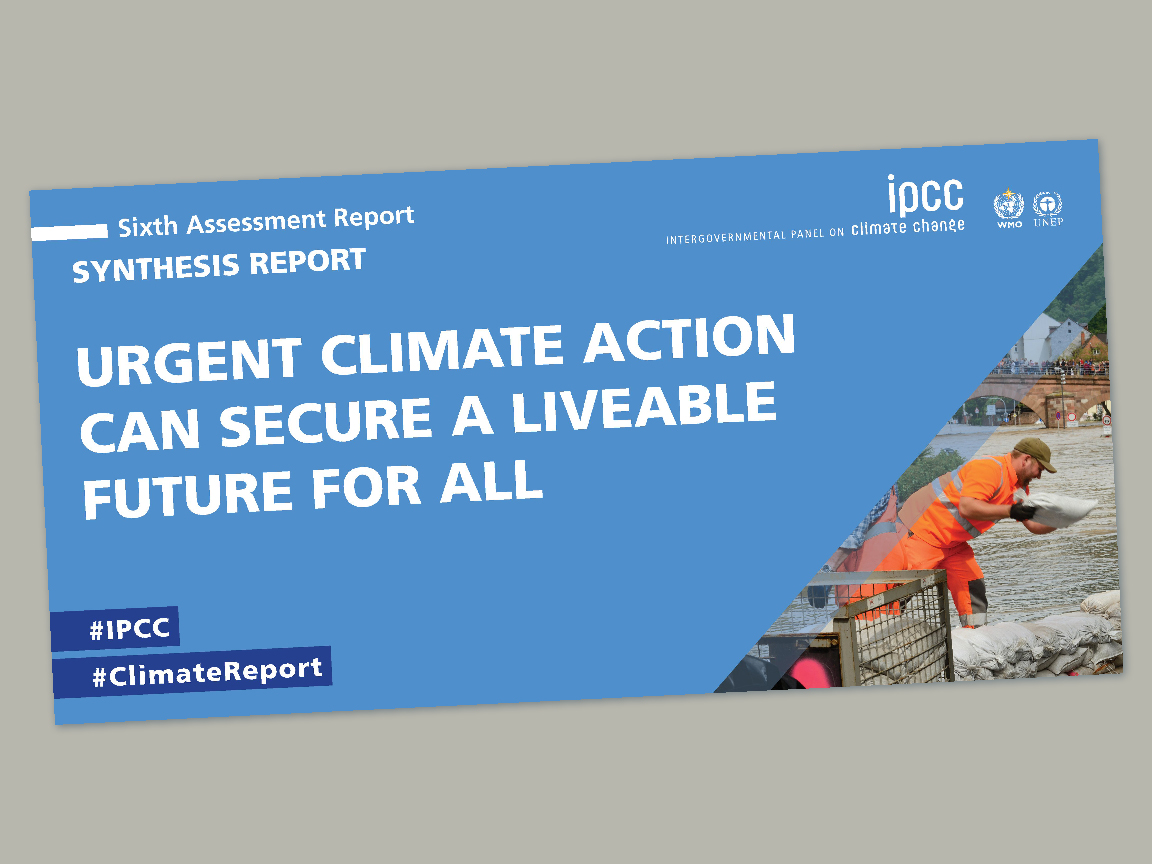‘Feasible, effective options’ to reduce emissions and adapt remain, but it means fundamental transformation
The IPCC’s summary of its now-complete sixth assessment of the global climate was published on March 20, 2023 after a week-long session in Interlaken, Switzerland: it says that while “multiple, feasible and effective options” to reduce emissions and adapt to climate change remain, current plans are not sufficient to tackle the crisis. Accelerated action to adapt to climate change is essential this decade to close the gap between existing adaptation and what is needed, a press release from the IPCC said; keeping warming to 1.5°C above pre-industrial levels requires “deep, rapid and sustained greenhouse gas emissions reductions in all sectors. “Emissions should be decreasing by now, and will need to be cut by almost half by 2030 if warming is to be limited to 1.5°C.” IPCC Chair Hoesung Lee said: “Mainstreaming effective and equitable climate action will not only reduce losses and damages for nature and people, it will also provide wider benefits. “This Synthesis Report underscores the urgency of taking more ambitious action and shows that, if we act now, we can still secure a liveable sustainable future for all.” In a video message also released today, UN Secretary-General António Guterres described the report as a “how-to guide to defuse the climate time-bomb.” Climate action is needed on all fronts: “everything, everywhere, all at once,” he declared – a reference to this year’s Best Film Academy Award winner. The Climate Centre’s Erin Coughlan de Perez, a Lead Author of the IPCC Working Group II report on impacts, said today: “This report is a stark reminder of what we, the IFRC, as the world’s largest humanitarian network have been witnessing and warning of for years: climate change is driving humanitarian crises and human suffering around the world.“

